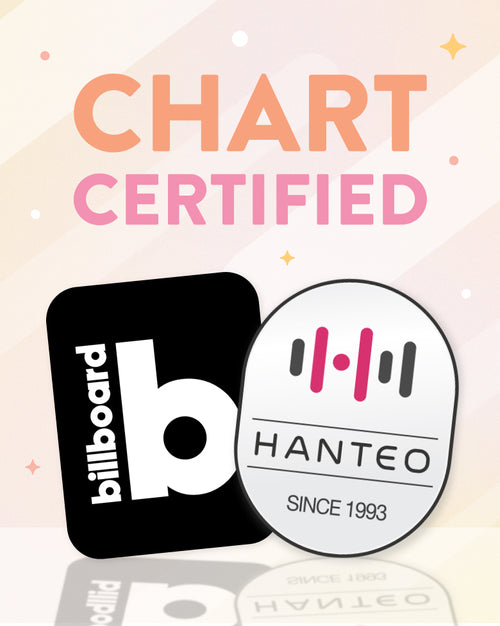Why are we asking you to venture out of your comfort zone for Korean skincare? How are Korean skincare products different from the Western ones?
Let’s dive in.
Skincare as a Philosophy
You probably already know about the subtle differences in Eastern and Western philosophies, but did you know that they extend into skincare as well?
In Korea, skincare is all about using gentle ingredients to holistically nourish and strengthen the skin barrier. With this preventative approach, your skin has the support it needs to heal and improve at its own pace. In essence, Asian skincare aims to help you throw away the crutch and become less reactive to external stressors. Achieving glowing skin doesn’t happen overnight, it’s a step-by-step, day-by-day process.
Meanwhile, mainstream Western skincare focuses on “problem solving” with high concentrations of active ingredients that promise to deliver faster results. The problem is that these powerful ingredients tend to be a little more fickle to work with. In today’s digitally retouched world, without careful research, many individuals develop irritation by overusing active ingredients and more importantly, unrealistic expectations of how their skin should react and change.
For example, you'll see the use of Salicylic Acid or Benzoyl Peroxide in Western products to treat acne by killing bacteria and intensely exfoliating skin. Whereas in Korean skincare, you’ll find Salicylic Acid and Benzoyl Peroxide derivatives, such as betaine Salicylate and Willow Bark Extract, paired with higher concentrations of soothing ingredients like Allantoin and Centella Asiatica. These derivatives have the same effect on your skin but are gentler and more stable.
Next time you’re browsing for new skincare products, look for well-rounded formulas that will give you glowing skin that lasts.
Money Does the Talking
Finally, let’s talk money. When comparing similar quality products, you’ll be surprised by the big price difference.
Take Estée Lauder Advanced Night Repair, a powerful skin-restoring serum. The star ingredients for this $130 serum include Bifida Ferment Lysate and Lactobacillus Ferment, which are probiotics that can soothe sensitive skin and strengthen the skin’s immunity.
Now let’s compare it with a Korean serum that is also considered as luxury skincare and features the same star ingredients — MISSHA Time Revolution Night Repair Probio Ampoule. Not only does Missha’s serum have the same probiotic ingredients, it’s also multifunctional with added ingredients like Niacinamide and plant extracts for anti-aging and brightening effects. And the price? $45.85, only a third of the Estee Lauder serum.
Instead of marketing and packaging, Korean skincare companies place greater emphasis on ingredients and innovation. Especially when skincare competition is fierce and ingredients are constantly being refined and researched to keep up with the market. That’s a win for us!


















Comments
1 person commented
Kbeauty is the best! 🥰